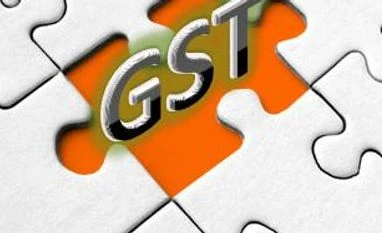Even as the Union Cabinet was likely to take up the issue of Goods & Services Tax (GST) in the evening, Revenue Secretary Shaktikanta Das on Wednesday highlighted the tax reform would go a long way in increasing the tax-to-GDP (gross domestic product) ratio.
At a Confederation of Indian industries (CII) tax summit, Das said the had been stagnant at 10% and there was a need to widen the tax space. “GST is a major policy reform that could widen the tax space,” he said.
He also said the GST council, headed by the finance minister, would finalise the rate for GST after consulting industry. “The intent is not to have a high tax rate but a stable regime,” said Das.
After two marathon meetings with finance ministers of some states, Finance Minister Arun Jaitley managed to build some sort of a consensus on late Monday evening. The Constitution amendment Bill to facilitate rollout of GST is likely to address states’ demand to keep petroleum products outside the purview of GST — but only for the first few years — and give some kind of constitutional guarantee for compensation to states for their revenue loss due to the new indirect tax regime.
The government also said it had started the process of pre-budget consultation and, based on the prime minister’s suggestion, would focus on a disruption-free taxation environment. Das said the inverted duty structure was being reviewed, whereever needed.
)